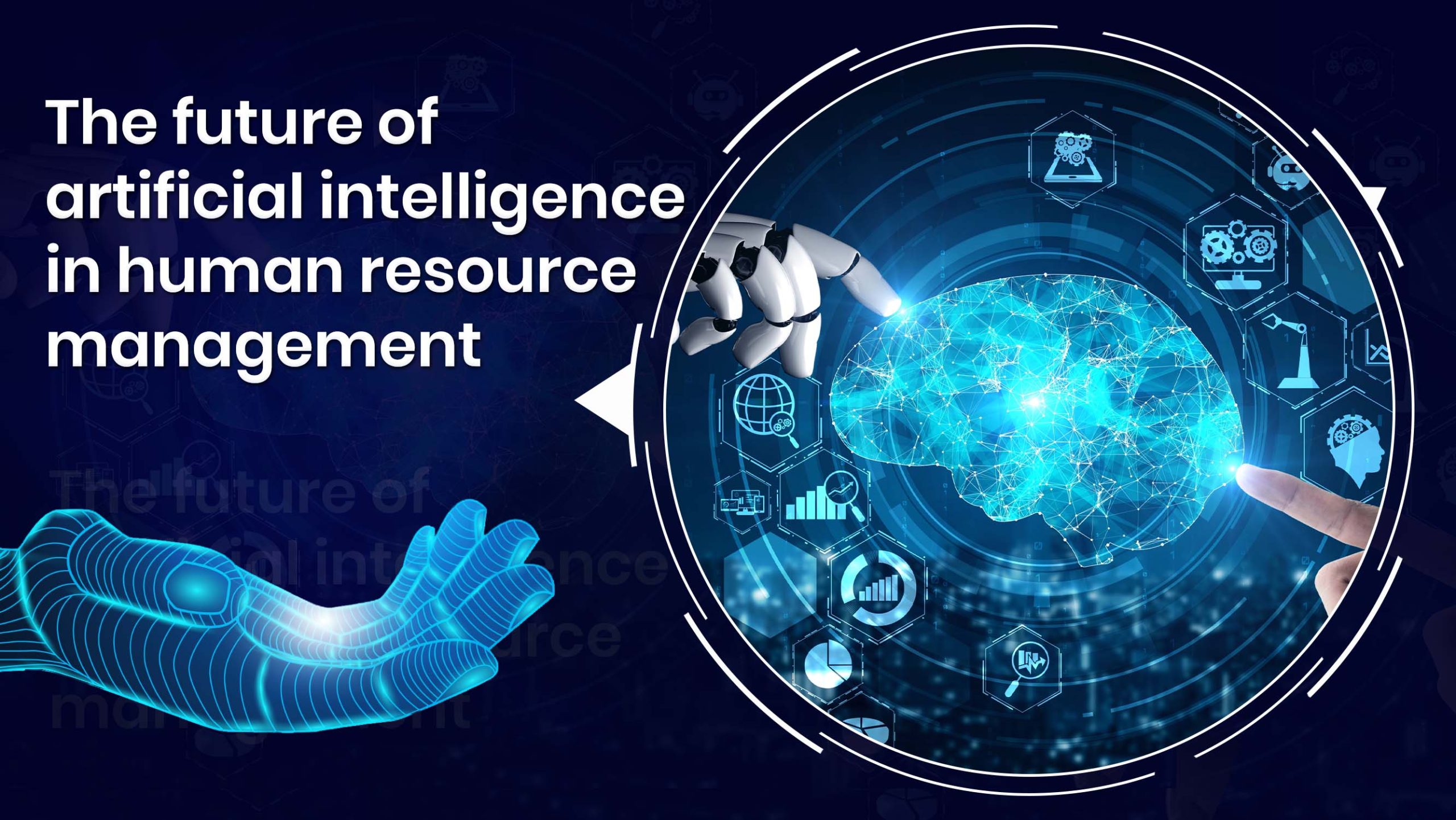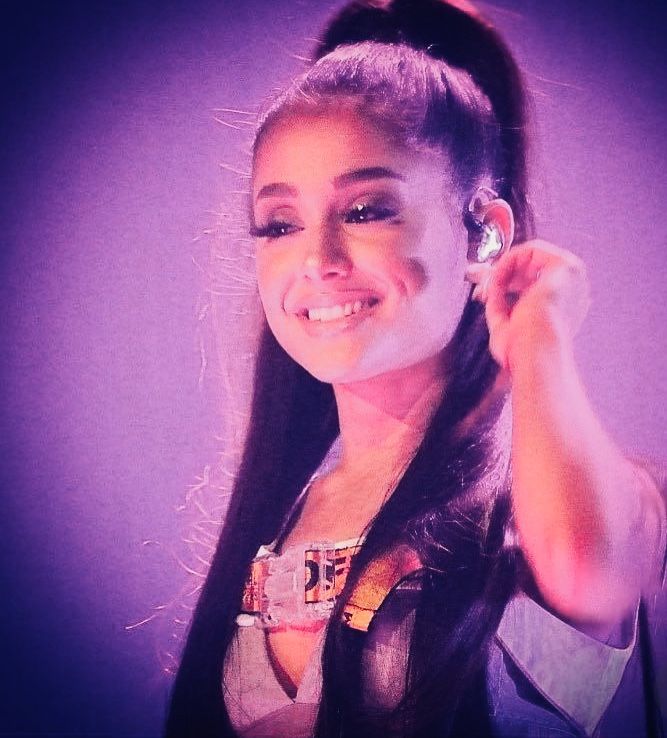Microsoft's Perspective: Human Creativity In The Age Of Artificial Intelligence

Table of Contents
AI as a Creative Tool, Not a Replacement
Microsoft's approach to AI emphasizes its role as a powerful tool to enhance, not replace, human creativity. The company views AI as a collaborator, offering support and expanding creative possibilities.
Augmenting Human Capabilities
AI tools are designed to assist artists, musicians, writers, and designers, providing new avenues for expression and innovation. They don't aim to replicate the human experience but to amplify it.
- Example: Microsoft's Azure Cognitive Services offer a range of AI capabilities, including image generation tools that allow artists to experiment with different styles and create unique visuals, music composition tools that help musicians explore new harmonies and melodies, and code generation tools that assist programmers in writing more efficient and creative code.
- Benefit: Increased efficiency allows creators to focus on the core aspects of their work. The ability to explore new artistic styles and overcome creative blocks leads to more innovative and diverse outputs. This symbiotic relationship between human and AI fosters a dynamic creative process.
Focus on Human-in-the-Loop Systems
Microsoft champions "human-in-the-loop" systems, where humans retain ultimate control and oversight. AI acts as a suggestion engine, a powerful assistant, but the final creative decisions remain firmly in human hands.
- Example: AI-powered design tools like those integrated into Microsoft Designer offer various design options based on user input, but the designer retains complete control over the final aesthetic.
- Benefit: This ensures that ethical considerations and human values are at the forefront of the creative process. The human element retains its crucial role, ensuring the AI remains a tool, not a dictator, of artistic expression. This approach is vital for responsible AI development in the creative space.
The Role of AI in Democratizing Creativity
Microsoft believes AI has the potential to democratize creativity, making it more accessible to a wider audience regardless of their technical skills or background.
Accessibility and Inclusivity
AI significantly lowers the barriers to creative expression, empowering individuals who might not have previously had access to the necessary tools or expertise.
- Example: AI-powered translation tools like those integrated into Microsoft Translator enable artists to easily share their work globally, breaking down language barriers. AI-powered image editing tools simplify complex processes, allowing more people to engage in visual art.
- Benefit: This broadened access fosters greater diversity in creative voices, promoting inclusivity and enriching the global creative landscape. It encourages collaboration and cultural exchange on an unprecedented scale.
New Creative Avenues
AI is creating entirely new avenues for creative expression, pushing the boundaries of traditional artistic mediums.
- Example: Generative AI models can create unique musical pieces based on user-defined parameters, or generate interactive narratives where user choices shape the story's progression.
- Benefit: This opens up a world of innovative possibilities, encouraging experimentation and pushing the limits of what's considered art. The fusion of human creativity and AI's generative capabilities is creating a new era of artistic exploration.
Ethical Considerations and the Future of Human Creativity
While the potential benefits are enormous, Microsoft acknowledges the ethical responsibilities that accompany AI's integration into creative processes.
Addressing Bias and Ensuring Fairness
Microsoft actively works to mitigate bias in AI algorithms to prevent unfair or discriminatory outcomes in creative applications.
- Example: Developing algorithms trained on diverse and representative datasets to avoid perpetuating existing biases. Implementing mechanisms to detect and mitigate potential bias in AI-generated content.
- Benefit: This commitment ensures fairness, equity, and inclusivity in the creative process. It's crucial to avoid reinforcing societal biases through AI-powered creative tools.
The Importance of Human Oversight
Microsoft emphasizes the continuous need for human oversight and responsible development of AI in creative fields.
- Example: Establishing ethical guidelines and frameworks for the responsible use of AI in creative applications. Promoting transparency and explainability in AI systems.
- Benefit: Minimizing risks and maximizing the benefits of AI for creativity. Human oversight is essential to ensure AI remains a tool for good, enhancing human potential responsibly.
Conclusion
Microsoft's perspective on the relationship between human creativity and AI centers on collaboration, not competition. AI tools empower human creativity, democratizing access and opening new avenues for artistic expression. However, ethical considerations remain paramount, requiring responsible development and human oversight. By embracing AI responsibly, we can harness its potential to unlock unprecedented levels of human creativity. Explore Microsoft's AI tools and resources today and discover how you can integrate AI into your creative workflow to enhance your own Human Creativity and AI journey.

Featured Posts
-
 Canadas Divided Response To Trump Albertas Unique Position
Apr 27, 2025
Canadas Divided Response To Trump Albertas Unique Position
Apr 27, 2025 -
 Teslas Canadian Price Hike Impact Of Tariff Changes And Inventory
Apr 27, 2025
Teslas Canadian Price Hike Impact Of Tariff Changes And Inventory
Apr 27, 2025 -
 Accor Reports Canadas Rising Popularity As A Tourist Hotspot
Apr 27, 2025
Accor Reports Canadas Rising Popularity As A Tourist Hotspot
Apr 27, 2025 -
 The Professionals Behind Ariana Grandes Latest Style Statement
Apr 27, 2025
The Professionals Behind Ariana Grandes Latest Style Statement
Apr 27, 2025 -
 Albertas Oil Industry And The Anti Trump Divide In Canada
Apr 27, 2025
Albertas Oil Industry And The Anti Trump Divide In Canada
Apr 27, 2025
